Cranes, Construction and Tunneling Campaign
-
-
UANI's "Cranes, Construction, and Tunneling Campaign" highlights the activities of international firms that provide the Iranian regime with construction equipment and heavy machinery, including sensitive tunneling technology that is used to shield and obscure Iran’s nuclear program and cranes used in public executions.
UANI's "Cranes, Construction, and Tunneling Campaign" highlights the activities of international firms that provide the Iranian regime with construction equipment and heavy machinery, including sensitive tunneling technology that is used to shield and obscure Iran’s nuclear program and cranes used in public executions.
Construction Campaign
Construction equipment and heavy machinery, including heavy trucks, have applications in sensitive and sanctioned sectors of the Iranian economy, such as its oil and gas industry. Construction machinery and vehicles have also been used to transport Iranian missiles, or even serve as mobile missile-launcher platforms.
UANI has run a number of successful campaigns against construction equipment manufacturers that had been active in Iran:
-
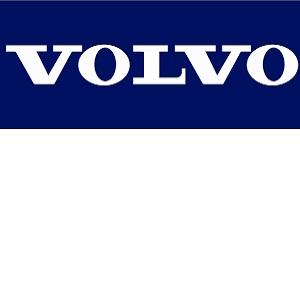
Volvo Group (AB Volvo)
In response to UANI's campaign, Swedish commercial vehicle and construction equipment manufacturer Volvo Group (AB Volvo) ended its business in Iran. Volvo subsidiaries Volvo Trucks and Renault Trucks had done extensive business in Iran, and UANI presented Volvo with photographic evidence of its trucks being used by the Iranian regime to transport missiles.
-
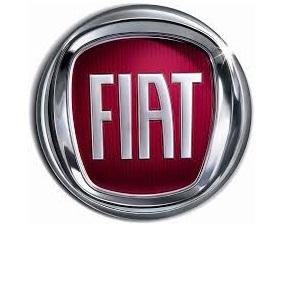
FIAT, IVECO And CNH
In response to UANI's campaign, Italian automaker Fiat announced its subsidiaries Iveco, an Italian truckmaker, and CNH, an American construction equipment manufacturer, would end their business in Iran. While Iveco trucks had been used to transport ballistic missiles and hang dissidents, Fiat received loans from the U.S. government to gain ownership of Chrysler.
-
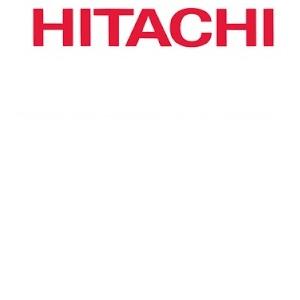
Hitachi
In response to UANI's campaign, Japanese technology conglomerate Hitachi announced it is ending its business in Iran. Hitachi had been active in Iran's oil and gas sector.
-
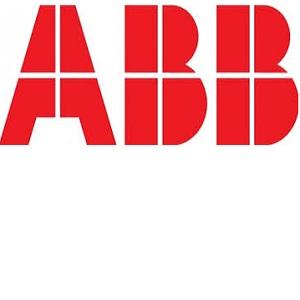
ABB
Following discussions with UANI, ABB, a Swiss-based Fortune 500 engineering firm, ended its oil and gas business in Iran in response to a notice received from the California’s Department of General Services, which has been using UANI’s Iran Business Registry to vet state contractors.
-
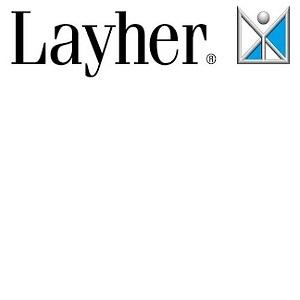
Layher
Following discussions with UANI, German construction firm Layher ended its business in Iran in response to a notice received from the California’s Department of General Services, which has been using UANI’s Iran Business Registry to vet state contractors.
-
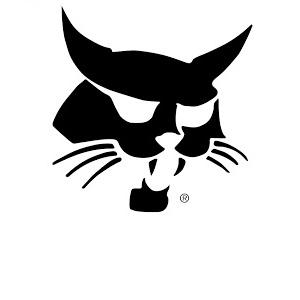
Bobcat And Doosan Corporation
In response to UANI’s campaign, American construction equipment manufacturer Bobcat ended its business in Iran. Bobcat's parent company, the Doosan Corporation, also announced it would prohibit any new business with Iran.
-
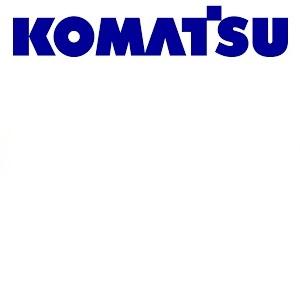
Komatsu
In response to UANI's campaign, Japanese construction conglomerate Komatsu ceased its business in Iran. Komatsu's business in Iran enabled the sale, assembly and manufacture of construction equipment that has been used in Iran's energy sector.
-
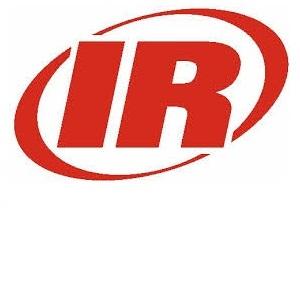
Ingersoll Rand
In response to UANI’s campaign, Ingersoll Rand ceased its business in Iran. Ingersoll Rand industrial equipment has been used in Iran’s oil and gas industry.
-
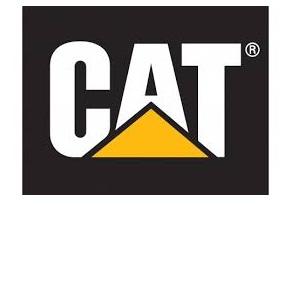
Caterpillar
In response to UANI’s campaign, Caterpillar ceased its business in Iran. UANI called on Caterpillar to end its business in Iranand launched a billboard in Peoria targeting Caterpillar.
Cranes Campaign
One of the Iranian regime's preferred methods of execution is public hanging from a construction crane. To address this egregious phenomenon, UANI launched its "Cranes Campaign" in 2011 with a launch op-ed in the Los Angeles Times entitled "Iran's Execution Binge." In Iran, offenses that carry the death penalty include homosexuality, adultery, and "enmity against God." Fair trials for these offenses are unheard of. A significant number of victims are publicly hanged from a construction crane, which is an especially slow and painful method of execution.
Unfortunately, the cranes used for these hangings are primarily supplied to Iran by Western and Asian companies. Any company that exports cranes to Iran is directly aiding the regime in its cruel persecution of dissidents and other innocents. Thus far, UANI has succeeded in pressuring leading crane manufacturers to end their business with the Iranian regime.
-
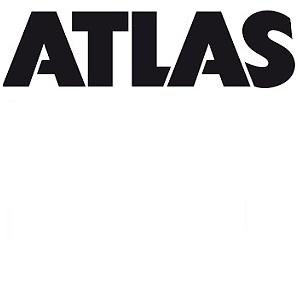
Atlas Maschinen GmbH (Atlas)
Launched a campaign calling on German construction equipment manufacturer Atlas Maschinen GmbH (Atlas) to end its Iran business. UANI presented Atlas with photographs and reports indicating that its cranes had been recently used for public executions in the country. Atlas is reportedly represented in Iran by the entity Hydro Atlas.
-
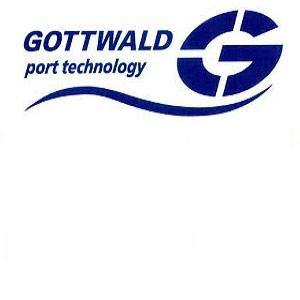
Gottwald And Demag Cranes
In response to UANI's campaign, crane company Gottwald and its parent company Demag Cranes ended their Iran business. Gottwald sold mobile harbor cranes and other cranes used in Iran's ports and terminals.
-
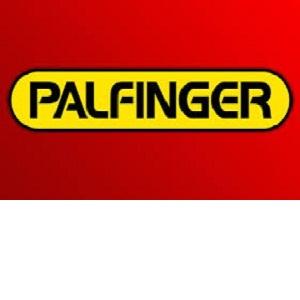
Palfinger
In response to UANI's campaign, Austrian crane manufacturer Palfinger ended its business in Iran. UANI had presented Palfinger with photographic evidence of its cranes being misused for public executions in Iran.
-
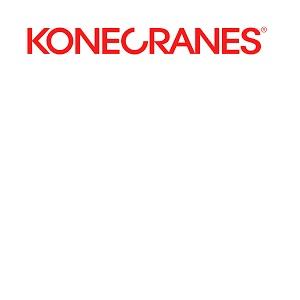
Konecranes
In response to UANI's campaign, Finnish crane manufacturer Konecranes ended its business in Iran. Konecranes informed UANI it had made the decision to "withdraw from the Iranian market."
-
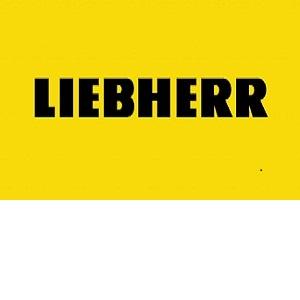
Liebherr
In response to UANI's campaign, Swiss-German construction equipment manufacturer Liebherr pledged to end its business in Iran. Liebherr "informed former customers and business associates in Iran that the companies of the Liebherr Group will cease their business activities with them."
-
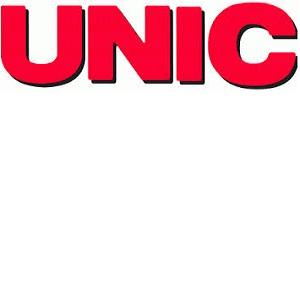
UNIC
In response to UANI's campaign, Japanese crane manufacturer UNIC ended its business in Iran. UNIC made the decision following disclosures from UANI that UNIC cranes had been used in public hangings in Iran.
-
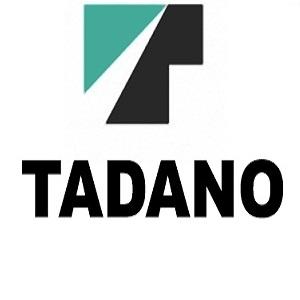
Tadano
In response to UANI's campaign, Japanese crane manufacturer Tadano ended its business in Iran. Tadano made the decision following disclosures from UANI that Tadano cranes had been used in public hangings in Iran.
Tunneling Campaign
The Iranian regime utilizes tunneling equipment and technology to dig massive underground tunnels and facilitiesthat shield and obscure its nuclear program. Many of the international tunneling firms providing such equipment to Iran act through or in conjunction with Islamic Revolutionary Guard-sanctioned companies such as Sahel Consulting Engineers or Ghaem.
In addition, a number of these international tunneling firms, including Herrenknecht, Aker Wirth and Seli, receive hundreds of millions of dollars in U.S. civil contracts for major infrastructure projects despite their activity in Iran. Firms that provide this technology and equipment are liable to be penalized under U.S. and EU sanctions law for materially contributing to Iran's illicit nuclear program.
Tunneling Firms Reportedly Active in Iran
-
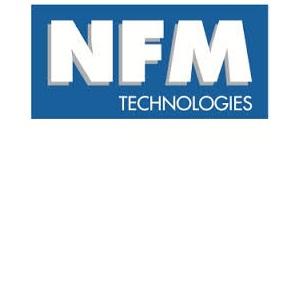
NFM
Launched a campaign calling on French mechanical engineering firm NFM to end its business in Iran. NFM provides tunneling equipment in Iran, and has worked directly with entities affiliated with the blacklisted Islamic Revolutionary Guard Corps (IRGC).
-
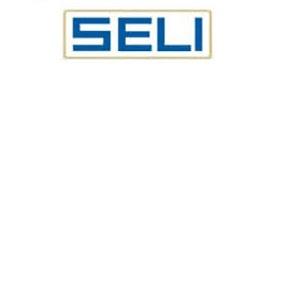
SELI
Launched a campaign calling on Italian underground excavation company SELI to end its business in Iran. SELI provides tunneling equipment in Iran, and has worked directly with entities affiliated with the blacklisted Islamic Revolutionary Guard Corps (IRGC).
-
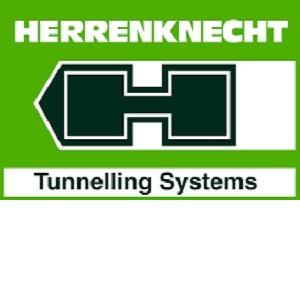
Herrenknecht
German manufacturer Herrenknecht is the leading supplier of TBMs to Iran. The the firm lists two sales and service offices in Tehran: Herrenknecht Iran and Tajhizat Novin Tunnel PJS. A 2010 New York Times report highlighted Iran’s abuse of civilian tunnel-boring machines to shield and obscure its nuclear weapons program and pointed to Herrenknecht as a key supplier to Iran of such equipment.
-
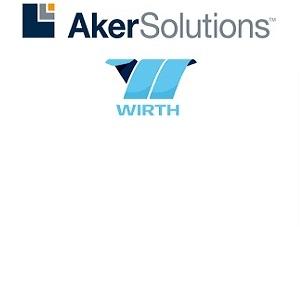
Aker Wirth
German manufacturer Aker Wirth has operated Iran through the WPS Group and previously sold tunnel-boring equipment to Iran for a water project that was managed by the IRGC. According to a 2009 report by World Tunneling, Aker Wirth had three TBMs active in Iran.
-
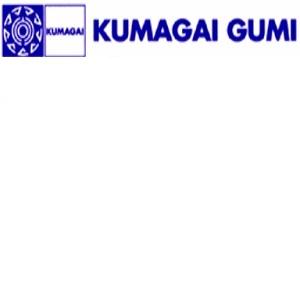
Kamugai
According to World Tunneling, tunnel boring machines constructed by Japanese construction firm Kamugai are active in tunneling projects in Iran.
-
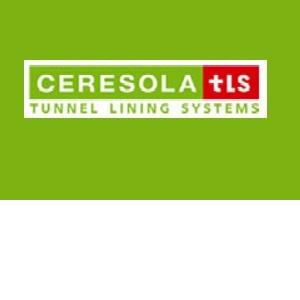
Ceresola
Swiss firm Ceresola recently signed a tunneling technology contract worth over €1 billion with the Rahab Engineering Establishment, an IRGC entity.
Receive Iran News in Your Inbox.
Eye on Iran is a news summary from United Against Nuclear Iran (UANI), a section 501(c)(3) organization. Eye on Iran is available to subscribers on a daily basis or weekly basis.
Receive Iran News in Your Inbox
The Iran nuclear deal is done. And the world's biggest companies have already visited Tehran ready to strike a deal when sanctions end. These businesses will add even more to Iran's bottom line. And that means continued development of nuclear technologies and more cash for Hamas and Hezbollah.